The Supreme Court's 2023 decision in Bartenwerfer v. Buckley, 143 S. Ct. 665 (2023) established a critical principle of partnership liability: parties can be held responsible for their business partners’ fraud-related debts even if they were completely unaware of the fraudulent conduct, and these debts cannot be discharged through bankruptcy. The unanimous decision, authored by Justice Barrett, resolved a complex question about the intersection of partnership liability and bankruptcy protection.
The Case Background
The dispute originated from a San Francisco real estate transaction. Kate and David Bartenwerfer, who were dating at the time, purchased a house with plans to renovate and resell it. David managed the renovation project while Kate remained largely uninvolved. When selling the property, David handled the required disclosures about the property's condition without Kate's participation. These disclosures later proved to contain false information about various defects in the property.
The buyer sued both Kate and David in California state court, asserting claims for breach of contract, negligence, and fraud based on the failure to disclose material facts about the property. The court found both partners liable, entering a judgment against them. Unable to pay the judgment, both Kate and David filed for Chapter 7 bankruptcy protection.
The Legal Battle
The bankruptcy proceedings centered on Section 523(a)(2)(A) of the Bankruptcy Code, which prevents discharge of debts obtained through "false pretenses, a false representation, or actual fraud." The buyer filed an adversary proceeding seeking to have the judgment debt declared non-dischargeable under this provision.
The bankruptcy court initially ruled that David's fraud should be imputed to Kate, making the debt non-dischargeable for both partners. However, on appeal, the Bankruptcy Appellate Panel (BAP) took a different view. Following its own precedent, the BAP held that for the fraud exception to apply to Kate, she must have known or had reason to know of David's fraud. The panel remanded the case to the bankruptcy court for findings on this issue.
On remand, the bankruptcy court conducted a detailed examination of Kate's involvement in the transaction. Finding that she lacked knowledge of the fraudulent disclosures, the court ruled the debt dischargeable as to her. The BAP affirmed this decision.
The Ninth Circuit's Reversal
The Ninth Circuit Court of Appeals reversed, fundamentally shifting the analysis. Rather than focusing on Kate's knowledge or participation in the fraud, the court looked to the nature of the debt itself. Drawing on nineteenth-century Supreme Court precedent in Strang v. Bradner, the Ninth Circuit held that a debtor who is liable for their partner's fraud cannot discharge that debt in bankruptcy, regardless of their personal culpability.
The Supreme Court's Analysis
The Supreme Court, in a unanimous opinion by Justice Barrett, affirmed the Ninth Circuit's decision. The Court's analysis focused on the specific language of Section 523(a)(2)(A), which bars discharge of debts "obtained by" fraud. Justice Barrett emphasized that this language turns on how the money was obtained, not who committed the fraud to obtain it.
The Court also found strong support for this interpretation in Strang v. Bradner. In Strang, the Court had held that fraud liability is not limited to the wrongdoer but extends to everyone who benefits from the fraud. The Bartenwerfer Court saw no reason to depart from this precedent, noting that Congress had repeatedly amended the Bankruptcy Code without disturbing this interpretation.
The Court's decision effectively eliminates personal culpability and knowledge as relevant factors in determining whether fraud-related debts can be discharged in bankruptcy. Instead, the focus remains solely on whether the debt itself was obtained through fraudulent means.
For more information regarding Alto Litigation’s litigation practice, please contact one of Alto Litigation’s partners: Bahram Seyedin-Noor, Bryan Ketroser, or Joshua Korr.
****
Disclaimer: Materials on this website are for informational purposes only and do not constitute legal advice. Transmission of materials and information on this website is not intended to create, and their receipt does not constitute, an attorney-client relationship. Although you may send us email or call us, we cannot represent you until we have determined that doing so will not create a conflict of interests. Accordingly, if you choose to communicate with us in connection with a matter in which we do not already represent you, you should not send us confidential or sensitive information, because such communication will not be treated as privileged or confidential. We can only serve as your attorney if both you and we agree, in writing, that we will do so.
The materials on this website are not intended to constitute advertising or solicitation. However, portions of this website may be considered attorney advertising in some states.
Unless otherwise specified, the attorneys listed on this website are admitted to practice in the State of California.

